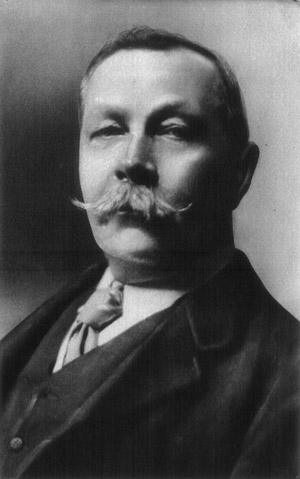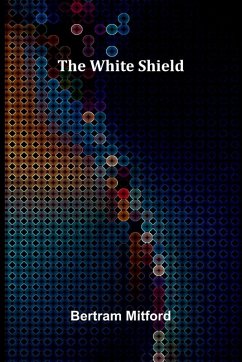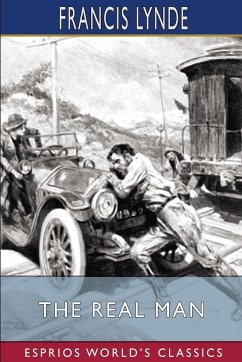
The Man from Archangel
The Man from Archangel and Other Tales of Adventure
Versandkostenfrei!
Versandfertig in über 4 Wochen
16,99 €
inkl. MwSt.
Weitere Ausgaben:

PAYBACK Punkte
8 °P sammeln!
John McVittie, a scientist tired of human beings, decide to retire in an isolated cottage on the shores of Scotland so he can work in his laboratory room quietly. During a strong stormy night a boat named "Archangel" is shipwrecked near his house. Reluctant at first, he consent to see if he can be of any help. He saves the, apparently, only living survivor from the shipwreck. A russian girl named Sophie Ramusine. Though the girl don't know a word of english, McVittie tolerate her presence as she seems to be pleased to stay in his home and respect his lone habits. Soon after, on the shore, McVi...
John McVittie, a scientist tired of human beings, decide to retire in an isolated cottage on the shores of Scotland so he can work in his laboratory room quietly. During a strong stormy night a boat named "Archangel" is shipwrecked near his house. Reluctant at first, he consent to see if he can be of any help. He saves the, apparently, only living survivor from the shipwreck. A russian girl named Sophie Ramusine. Though the girl don't know a word of english, McVittie tolerate her presence as she seems to be pleased to stay in his home and respect his lone habits. Soon after, on the shore, McVittie encounters a lonely man named Ourganeff. The man explains he is also a survivor of the same ship and he is looking for a girl who was aboard with him, his wife. McVittie leads him to his house. But the girl is highly frightened by the man and don't want to see him. Ourganeff explains he kidnapped the girl as he fall in love with her when he saw her, so the girl belongs to him. McVittie ask Ourganeff to leave and never come back. Some days later, while McVittie was gone for a walk, the girl is kidnapped by the man. He steals McVittie's boat and the couple sail away. No chance to see them again. The same night, the weather went very bad and the next day McVittie find the boat, broken, on the shore with the dead bodies of the two russians. On the fourth day of March, in the year 1867, I being at that time in my five-and-twentieth year, I wrote down the following words in my note-book -the result of much mental perturbation and conflict: "The solar system, amidst a countless number of other systems as large as itself, rolls ever silently through space in the direction of the constellation of Hercules. The great spheres of which it is composed spin and spin through the eternal void ceaselessly and noiselessly. Of these one of the smallest and most insignificant is that conglomeration of solid and of liquid particles which we have named the earth. It whirls onwards now as it has done before my birth, and will do after my death-a revolving mystery, coming none know whence, and going none know whither. Upon the outer crust of this moving mass crawl many mites, of whom I, John M'Vittie, am one, helpless, impotent, being dragged aimlessly through space. Yet such is the state of things amongst us that the little energy and glimmering of reason which I possess is entirely taken up with the labours which are necessary in order to procure certain metallic discs, wherewith I may purchase the chemical elements necessary to build up my ever-wasting tissues, and keep a roof over me to shelter me from the inclemency of the weather. I thus have no thought to expend upon the vital questions which surround me on every side. Yet, miserable entity as I am, I can still at times feel some degree of happiness, and am even-save the mark!-puffed up occasionally with a sense of my own importance."














